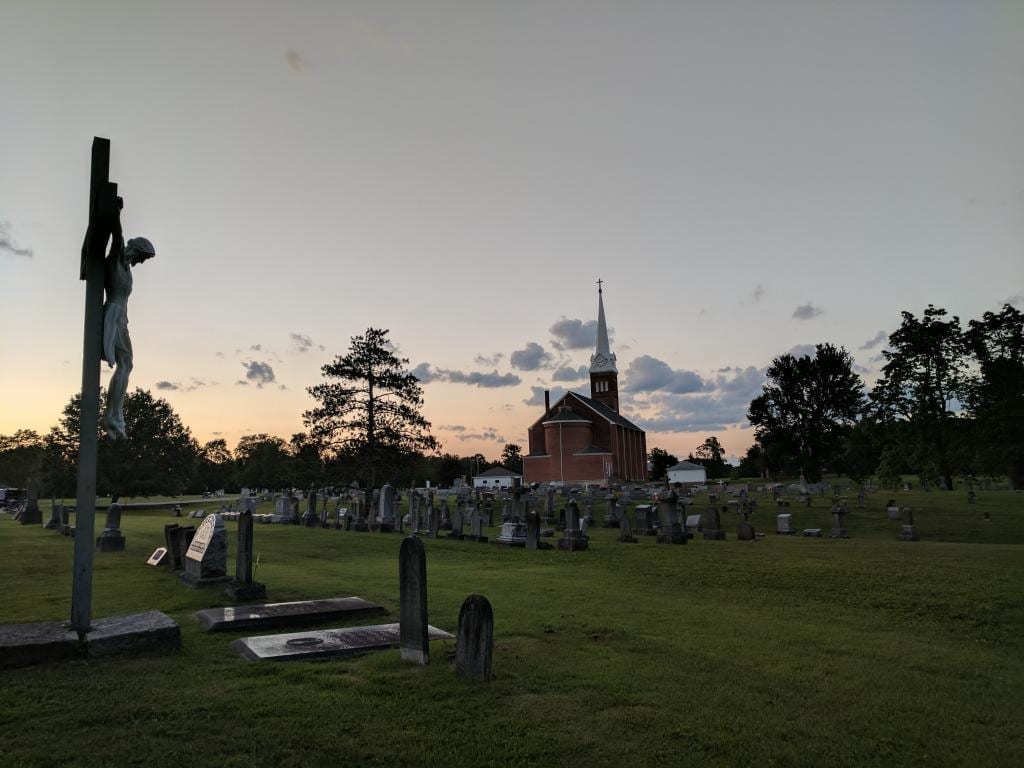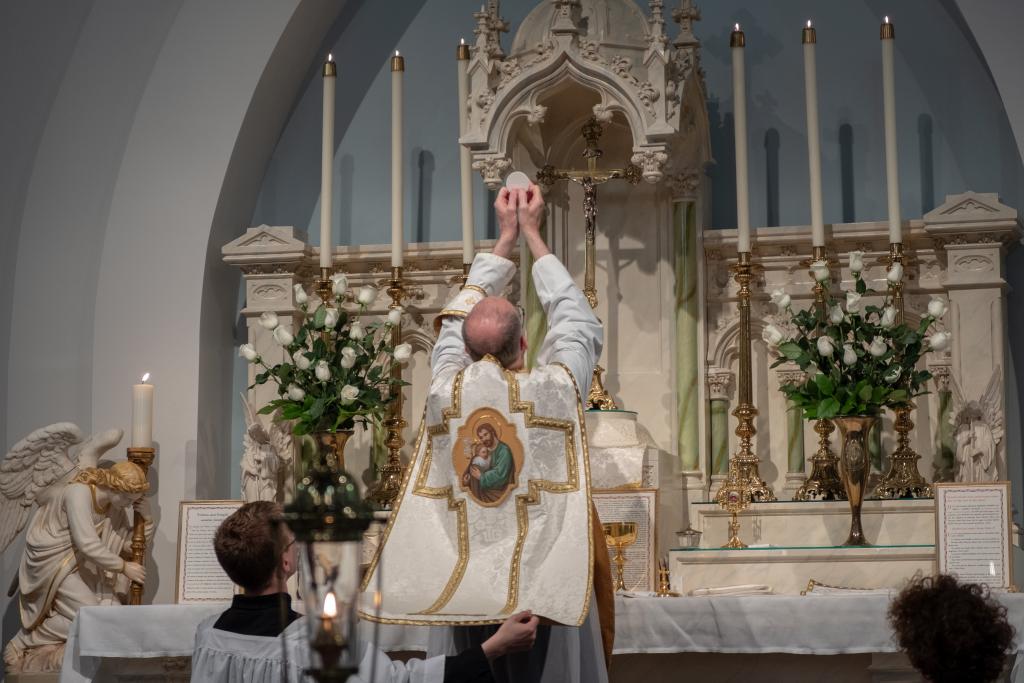Last week, the Vatican finally released the long-awaited McCarrick Report. This 400-page document outlines what Church authorities knew, when they knew it, and the myriad personal and institutional failures that lead to McCarrick’s rise. It’s a sad document, but not because it reveals shocking new instances of abuse. (There is little that could shock us now.) McCarrick’s grotesque sins may be the headline, but they are not the story. The story is about how Church leaders abandoned the faithful. It’s a long, slow, death of attrition. The shepherd walked away from his flock, left the gate open, and never looked back.

What the McCarrick Report Reveals
The McCarrick report does not reveal any new specific instances of sexual abuse. McCarrick was a serial abuser, so it would be impossible to document all of these. It would also be impossible to document every instance of a Church leader turning a blind eye to reports of abuse. For much of recent Church history, this was the go-to method of addressing these claims. What the Report reveals, more than anything, is the attitude of Church authorities toward those brave few to tried to report these crimes. No report was considered trustworthy unless it could be corroborated by someone within the Church hierarchy. Naturally, those within the hierarchy were more likely to be close to McCarrick or consider him a friend. Their opinion always over-rode the opinions of lowly laypersons, nuns, and honorable priests.
I am fortunate to know one such priest, Fr. Boniface Ramsey of St. Joseph’s of Yorkville parish in New York. He made repeated attempts to alert Church authorities about McCarrick’s abuse of seminarians, all of which were ignored. In a recent interview with Crux, he recalls:
I thought, what the hell is he doing at Cardinal Egan’s funeral? He was walking with all the cardinals and processing with all of the cardinals… Don’t these cardinals know what he did, and aren’t they ashamed of him? Aren’t they embarrassed to be with him?
Fr. Boniface says that the McCarrick report has vindicated him “in a mild sort of way.” Mild, I suppose, because of how much time has passed. So much pain could have been avoided if they had simply listened to him in the first place.
John Paul II, A Distant Saint
St. John Paul II knew what McCarrick was doing. Or, at least, he had the opportunity to know, if he had cared to listen and believe. Instead, he trusted his own relationship with McCarrick over the repeated warnings of others. He was also influenced by his experience growing up in Communist Poland, where clergy were often unjustly smeared by a hostile government. On one hand, this is a tragically human error. We all carry our histories around with us, take lessons from one situation and apply them to another. We all fail to see what is in front of us, from time to time. But we do not all get to be called Saints.
Pope Francis declared Pope John Paul II a Saint in 2014. This means that the Church is fully confident that JPII is currently residing in Heaven, not Purgatory, where most of our poor souls allegedly end up for a time. I never had the benefit of seeing JPII in person, but many who did claim that he “radiated holiness.” I don’t know what this means in context of the McCarrick Report. He certainly did some holy things in his life, such as forgiving his would-be assassin.
It seems, though, that his holiness did not give him strength to wrestle and conquer the demons in his own home. It did not allow him to save his sheep. It’s as if he went off on his own to pray, but while he was doing so, a wolf attacked the flock. If he is indeed in Heaven, this says more about God’s boundless mercy than it does about him.
For the Faithful, Another Lesson on Complicity
The sex abuse crisis has justifiably caused many people to lose their faith. Those of us who remain practicing Catholics do so with full knowledge of the corruption within the Church. We’re forced to reckon with whether or not this makes us complicit in these crimes. We’re forced to answer for the crimes of others, to justify our decision to stay. At times, this can seem unfair. But if the McCarrick Report tells us anything it’s that complacency is in itself a sin. We cannot simply turn our heads from the sins of others, wash our hands, and declare ourselves clean.
For practicing Catholics then, the challenge is maintaining our relationship with God and the sacraments while simultaneously holding those who perform the sacraments accountable. We could simply leave and go to another Christian church. But most of us, including myself, believe that the Truth is here. And when the Truth is here, we are duty bound to defend it. This means defending it even against those who are supposed to be it’s leaders. We are obligated to call these leaders to account, to keep showing up, to force them to look us in the eye. Again and again. Because Christ’s Church must be defended, and these poor shepherds keep walking away.
















